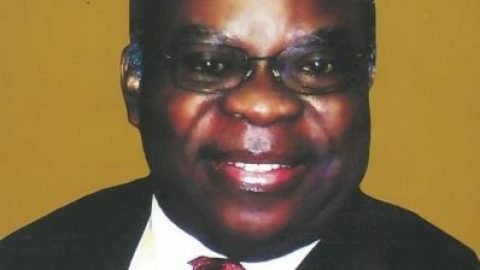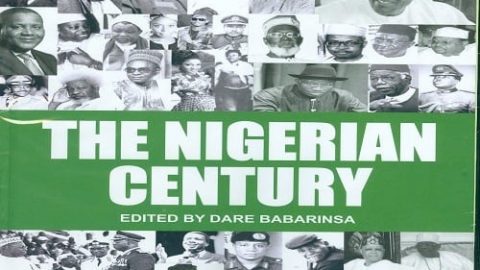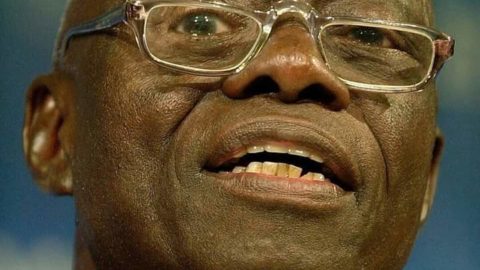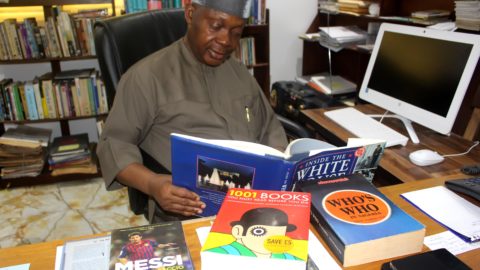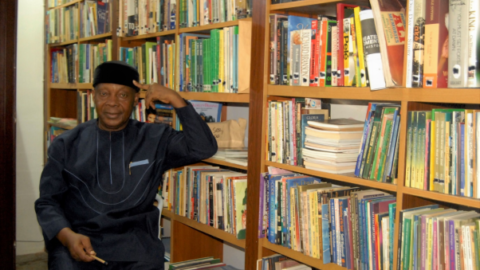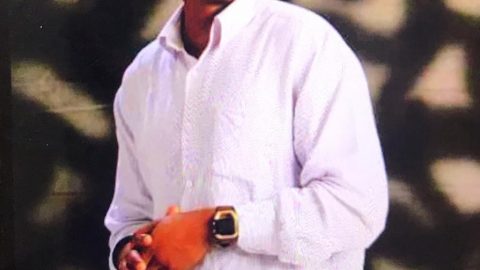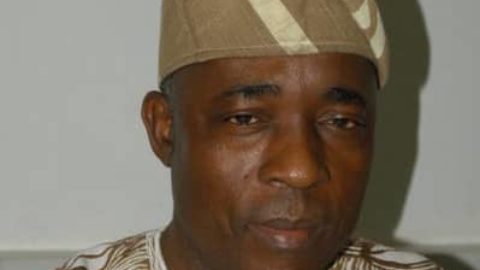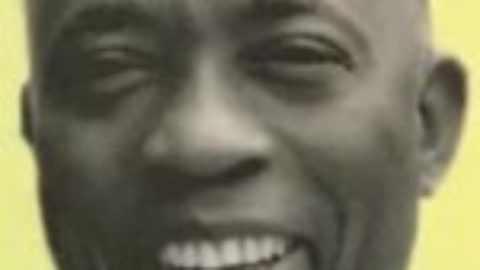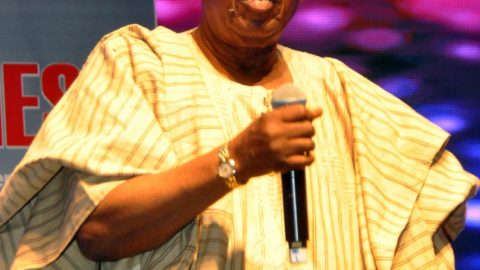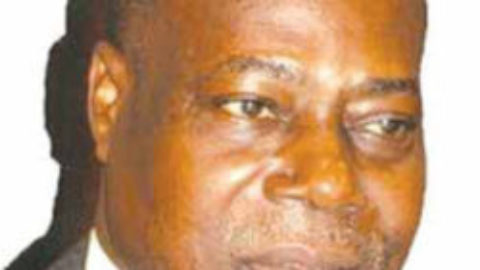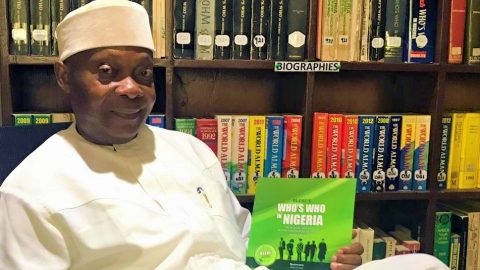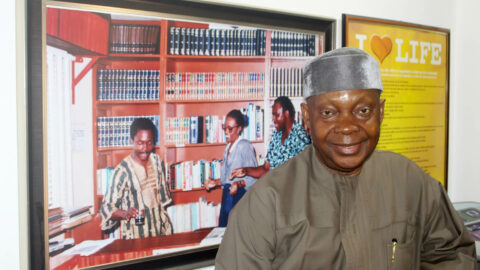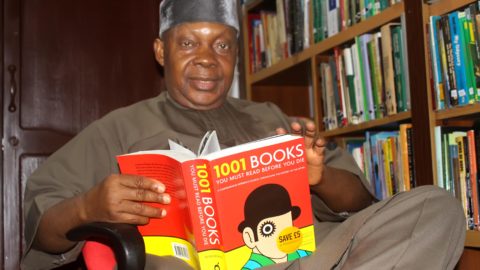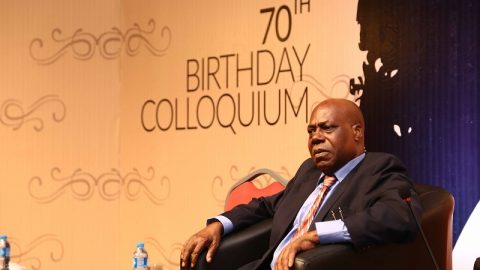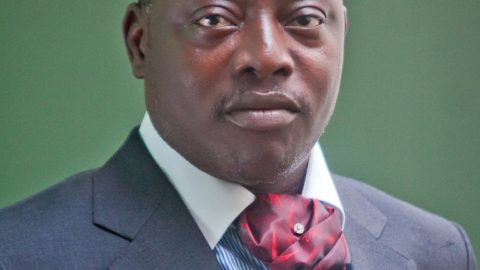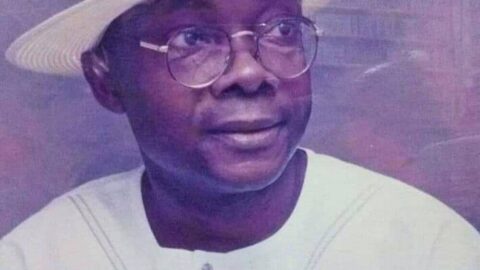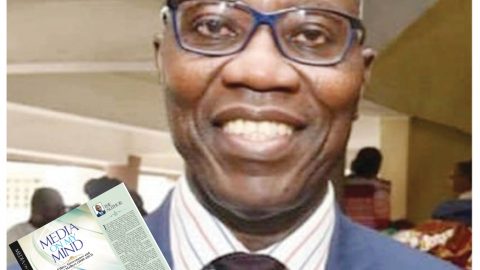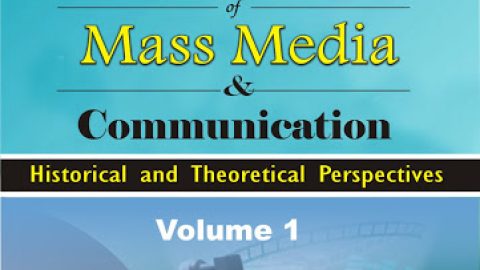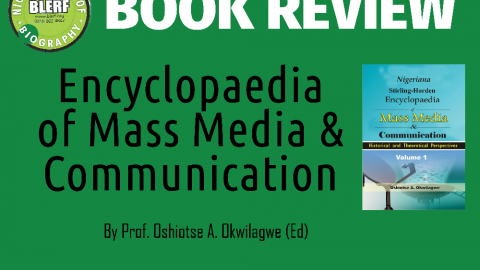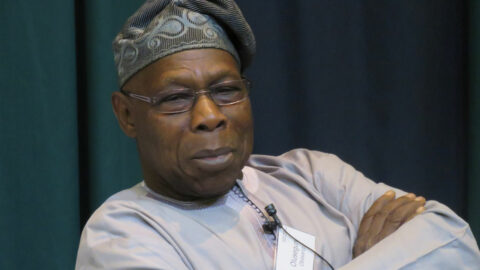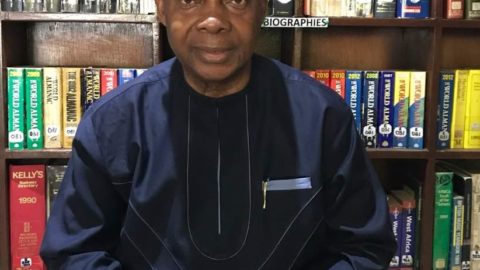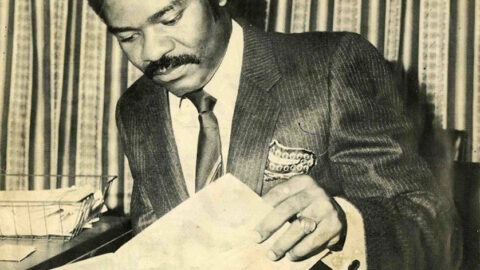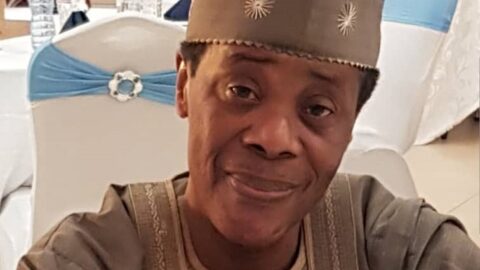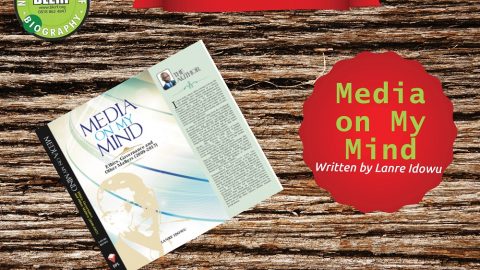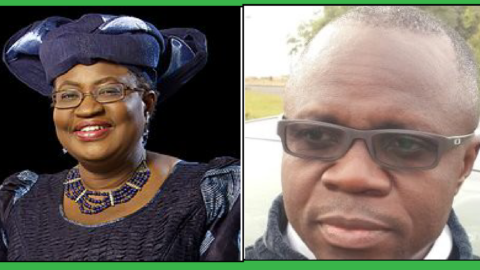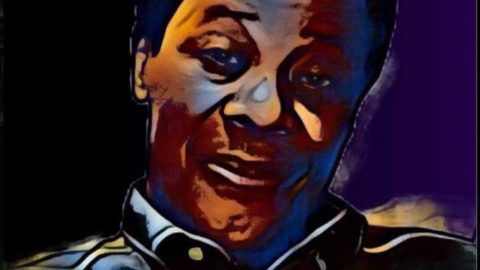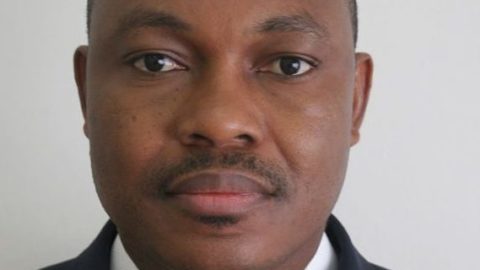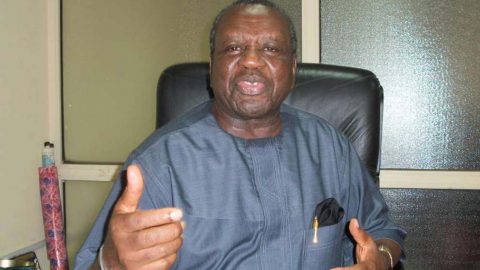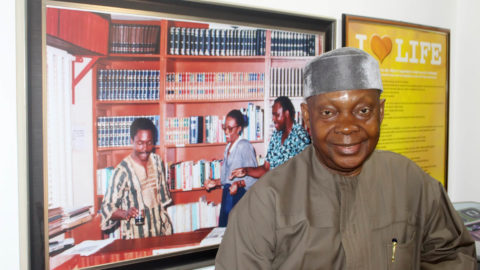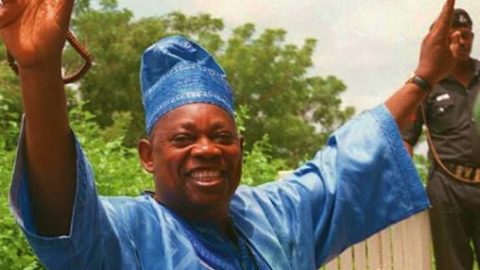Review of The Nigerian Century BY SAM AKPE
The Second Republic is described by Dare and his team as Shagari’s Bright and Blighted Interregnum. It was an era when Nigeria regained international recognition as a democratic nation but got so thoroughly undermined by intellectually-deficient and corruption-propelled management of men and resources.
The failures of Shagari’s administration created a platform for the return of the military on December 31, 1983. Buhari and Tunde Idiabgon led the pack. However, their frontal attacks on corruption and indiscipline, though impressive, lacked constitutionality.
The two unsmiling rulers were deaf to suggestions and ideas. They paraded themselves as super humans with monopoly of wisdom and unquestionable patriotism. They were in most cases too extra-judicial in their actions. On August 27, 1985, Ibrahim Babangida struck and took over governance. He came with a smile and a whip.
Babangida was loved but he wasted the opportunity by taking Nigerians for granted for too long. He dug a deep grave for himself by embarking on a transition programme that never ended and eventually annulled the June 12, 1993 result of a presidential election won by Chief M. K. O. Abiola.
Forced out of office by the people, Babangida set up the Interim National Government headed by Chief Ernest Shonekan. Less than three months later, General Sani Abacha restored full military dictatorship when he sacked the ING. He later brought Nigeria to its knees with bloodshed and thievery.
Under Abacha, assassinations were common-place; forced exile became a rule; not an exception. Then he died under unexplainable circumstances. He was succeeded by General Abdulsalami Abubakar who guided Nigeria to democratic rule in 1999.
The emergence of Obasanjo as elected president in 1999 opened another chapter in Nigeria’s political scene. He came with experience, good reputation and a lot of international network of friends.
However, his military mindset characterised by undemocratic tendencies placed him at loggerheads with the National Assembly. Then he tried to get a third term in office and failed. At the end of eight years, he handpicked Umaru Musa Yar’Adua as successor. When Yar’Adua died on May 5, 2010, his deputy, Goodluck Jonathan, took over.
Quietly, states the book, Jonathan embarked on massive reforms in several sectors. But he faced two great challenges—corrupt aides and emergence of Boko Haram insurgency. His attempt at a second term was frustrated by people he trusted to deliver. Before the full result of the election was announced, he voluntarily conceded victory to Muhammadu Buhari; thus setting an uncommon African record.
After analysing Nigeria’s political march to nationhood and the post-independence headlines, Dare and his team hit the reverse gear and take the reader back to the pre-colonial era and its system of governance. Spread across several pages, the thoroughly researched and exciting piece is spiced with archival pictorials and drawings. It is written by a historian, Adetunji Ojo Ogunyemi.
There is a pen portrait of three of Nigeria’s most celebrated nationalists: Obafemi Awolowo, Ahmadu-Bello and Nnamdi Azikiwe by the unbeatable Bola Ige—the late Federal Attorney General and Minister of Justice.
He captures each of the political actors in choice words; and regrets: “I wished all three had managed to work together, they would have established for us, their political heirs, a strong dynamic and democratic Nigeria, which would have become the envy of the world.”
Going very personal in his description of their attributes, he states that Awo was charismatic, studious, meticulous and finicky. He had a strong belief in his personal destiny. Zik, states Ige, was easy-going, visionary, an inspirer, eclectic, jovial, man of the people, always looking for compromises. Bello, in his words, was aristocratic, experienced, humble, friendly, rigorous and firm. He was a team leader. His conclusion: Awo was feared, Zik was admired, and Bello was respected.
A Gentleman with An Iron Fist is how the authors describe Buhari on his emergence as Nigeria’s president in 2015. It however raises the question: can someone with an iron fist pass the gentlemanly test? The article, which is quite revealing, traces the source of the headline to Buhari’s draconian mien in his previous emergence in 1983 as a military dictator.
The Faces of Power by Godwin Onyeacholem connects the story of Nigeria from the pre-colonial days of Sir Frederick Lugard in 1894 to Buhari in 2015. Between that time and 2019, Nigeria has been governed both by elected and non-elected leaders. Nine of these were sent by the colonial masters, seven were democratically elected, eight came through military coup and one (Shonekan) was handpicked by the military.
Team Buhari is a chapter that chronicles President Buhari’s cabinet in his first term. Most interesting is the president’s wife Aisha who holds a bachelor’s degree in public administration and master’s degree in international affairs and strategic studies. She is a trained beautician and cosmetologist. She has a diploma in beauty therapy from United Kingdom and a PGD in cosmetology and beauty from France. She is the first Nigerian First Lady to parade such enthusiastic academic and professional qualifications.
From the executive arm of government, the authors shift focus to the Legislative arm where Tunde Animasaun highlights the names and constituencies of lawmakers. The chapter is succeeded by Godwin Onyeacholam’s 36 States and Their Governors—both serving and past. Information contained here would be useful to researchers and students of history.
Living Legends by Dare and two other writers is one of my best reads in the book. I have always loved biographies. They reveal and inspire. This section of the book exposes “geniuses, impish innovators and builders” and concludes that Nigeria “is blessed with extraordinary personalities who are changing the landscape and affecting the destinies of millions.” Almost 300 Nigerians are featured in this section with about 270 pictures published.
Another biographical section of the book headlined: Titans, Thinkers and Outsiders exclusively celebrates “the heroes of our match to nationhood,” and is authored by Tunde Animasaun and Kayode Fayemi. All the persons—about 100 of them with about 80 pictures published—passed on many years ago but their imprints are unforgettable.
Some of these people had fantastic biodata. Ever heard of Candido Da Rocha, the first Nigerian to own a motor car? Now, that’s something to remember! Journalists extraordinaire, from Herbert Macaulay to Ernest Ikoli, Ismail Babatunde Jose and Dele Giwa are featured in this section. The police officer who composed Nigeria’s national anthem, Benedict Odiase; foremost African novelist, Chinua Achebe; Fela Kuti; Ken Saro-Wiwa, Benjamin Adekunle, HID Awolowo, Kashim Ibrahim; emeritus labour leader, Michael Imoudu; Frederick Rotimi Williams; etc are also showcased here.
Words of the Century, which begins from page 372, is a compilation of great speeches that have shaped Nigeria in the last 100 years beginning from 1914. The first is the Amalgamation Speech by Lord Lugard which ended with “Today, Nigeria enters on a new stage of its progress…”
It is followed by Our Minds Are Irrevocably Made Up, a motion by Chief Anthony Enahoro proposing self government for Nigeria. That was in 1953. Students of political history should be interested in this.
Enahoro, a great journalist told the colonial masters in clear terms, “Mr. President, the whole country—I might even say the whole world is awaiting the verdict of the House on this motion. News of what we say here today will travel far and wide. Our minds are irrevocably made up on the issue of self government in 1956.”
On November 3, 1959, Awolowo made a landmark speech in the Western Region House of Assembly. But the most personal and critical speech was the one he made on September 11, 1963 after he was sentenced to 10 years in jail for treasonable felony.
On October 1, 1960, Abubakar Tafawa Balewa declared in his inaugural speech as the Prime Minister of independent Nigeria, “I Dedicate My Life to the Service of this Country.” At the end, he sacrificed his life for Nigeria. What a prophecy!
Published next are military coup speeches beginning from that of Major Chukwuma Kaduna Nzeogwu on January 15, 1966. It is followed by a reaction by Zik in condemnation of what happened. Major General J. T. U. Aguiyi Ironsi speaks next as the new commander-in-chief of the armed forces. General Yakubu Gowon’s speech on creation of 12 states for Nigeria is also a part of the compilation. Then Ojukwu takes over the pages with his May 30, 1967 speech declaring the State of Biafra.
Thirty months after that speech, someone I had the opportunity of interviewing twice in his life time, Major General Philip Effiong, is featured next in a speech entitled: The Civil War Is Over. That was on January 12, 1970. He spoke again on January 15, 1970 when he said, Biafra Hereby Ceases To Exist. Olusegun Obasanjo has a short speech entitled, The War Is Over, which he broadcast on Radio Biafra.
Gowon’s victory message of January 15, 1970: The Dawn of National Reconciliation is reproduced next. He declared, “Our nation will never return to the fractious, sterile and selfish debates that led to the tragic conflict just ending.” The authors of the book chose to publish next the final Aburi communiqué issued by leaders of the Nigerian military at a meeting in Ghana earlier on January 5, 1967.
Murtala Mohammed’s This Government Will Not Tolerate Indiscipline was broadcast on July 29, 1975 following the overthrow of Gowon by the military. In May 1976, Obasanjo declared: This is the Time For Sacrifice, a speech he made after the execution of officers of the military who masterminded the coup that led to the assassination of Murtala Mohammed on February 13, 1976. This is followed by Shagari’s A Great Challenge and A New Opportunity on October 1, 1979 when he took over as the first democratically elected president of Nigeria.
There is also a statement by Zik entitled: God Shall Punish the Wicked issued on August 24, 1983. He predicted the collapse of Shagari’s administration; and it happened quicker than anyone thought. We Intervened to Save Nigeria is a speech by Buhari on January 1, 1984 when he assumed office as Head of State.
Less than two years later on August 27, 1985, Ibrahim Babangida announced in a coup speech: We Do Not Intend to Rule by Force. He complained that “Buhari was too rigid and uncompromising in his attitudes to issues of national significance.”
Chief Ernest Shonekan’s broadcast to the nation on November 17, 1993 is a part of the compilation. It is entitled: Our Government Was Conceived in Crisis. Indeed! About 80 days or so later, that speech was replaced by another by General Sani Abacha who pushed Shonekan out of office and took over government with a warning that “any attempt to test our will shall be decisively dealt with.”
Abacha did not fail to deliver on that promise. He dealt horrible blows on Nigerians. But on June 8, 1998, he died mysteriously. General Abdulsalami Abubakar took over. On July 8, 1998, Abubakar declared in a national broadcast: These Are Critical and Trying Times. The speech came after the death of M. K. O. Abiola on July 7, 1998.
Then came Obasanjo again on May 29, 1999 as elected president with a declaration: Nigeria Will Be Great. He handed over to Umaru Yar’Adua on May 29, 2007 who declared: We Must Choose to Succeed.
On May 5, 2010, Yar’Adua died in office. Goodluck Ebele Jonathan took over. On May 29, 2011, he told the nation: Our Unity is Firm, Our Purpose is Strong. Four years later, Buhari took over with: We Are Heirs To Greatness. Of course, he would be remembered most for the statement: I belong to everybody, I belong to nobody.
This section on Words of the Century ends with a column written on January 1, 1964 for the defunct Daily Times by the late extraordinary social critic, Tai Solarin. It is entitled: May Your Road Be Rough. In it he notes: “Our successes are conditioned by the amount of risk we are ready to take.”
The last part of this book focuses on Faces of the Future. It is about the youth of Nigeria who are ready to or are already rising, roaring and soaring in exploit. Featuring pictures and writings on 95 young men and women, this section offers a peep into the future of Nigeria and those who are ready to drive the vision.
The epilogue to this book is written by Obasanjo—the man who has seen it all. At present, he remains the only Nigerian who has ruled Nigeria longer than any other. First he was military head of state for almost three years. In 1999, he was elected president for eight years. He says, “Procrastination and delay kill slowly, steadily, surely. Invariably, there is no better time than now. The opportune time you are waiting for will never come.” As the cliché goes, the words of an elder are words of wisdom.
As I close this book after a satisfying study, I’m full of hope for Nigeria despite the present situation. This summarised history of Nigeria edited by the unbeatable columnist, Dare Babarinsa, has renewed that hope.
This renewal of hope is strengthened by the story on emerging new generation which reminds me of a Letter-To-The Editor by one Manzar Imam published in the TIME magazine of November 18, 2019. It states, “The stories of these young people are fascinating, filled with hope and verve. Their ideas hold great promise for a future generation, providing leadership avenues to make the world a better place.” (END)
DARE BABARINSA is the Publisher and Editor-in-Chief


